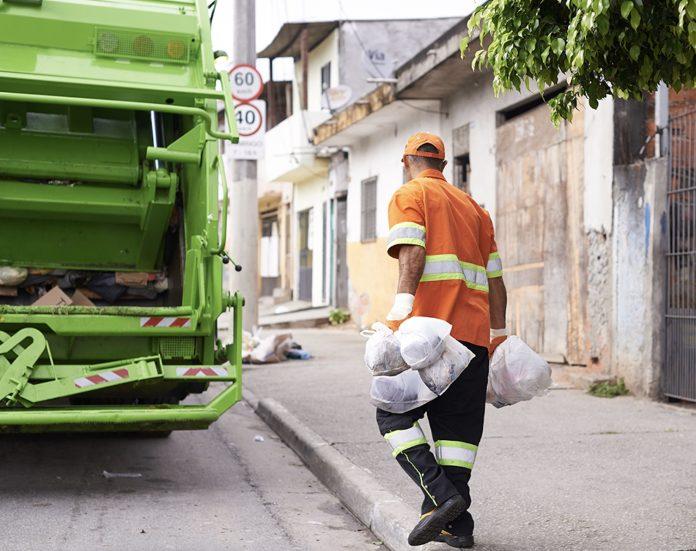Every week, we dutifully set out our waste bags, but have you ever paused to ponder the journey they embark on once whisked away from the kerbside? It’s a fascinating odyssey, entwined with meticulous planning, environmental responsibility, and cutting-edge technology. Let’s delve into the unseen voyage of our everyday refuse.
Initial Lift
The lifecycle of your waste bags begins with their collection, a process more complex than it appears. In Hedge End, this task is adeptly handled by specialists like AJM, who ensure that your waste is not just taken away but responsibly managed, marking the first step in a sustainable waste management cycle.
Sorting and Segregation
After waste bag collection, the real magic begins. Your waste bags arrive at sophisticated facilities where they’re subjected to a thorough sorting process. This stage is crucial; it’s where waste is categorised into recyclables, organics, and non-recyclables. Each category has a distinct path ahead, ensuring that every piece of waste is harnessed to its utmost potential.
Recyclables
Recyclables embark on a rejuvenating journey. Metals, plastics, papers, and glass are separated, cleaned, and processed to be reborn as new products. This circular lifecycle not only conserves resources but significantly reduces the environmental footprint of our consumption.
Organics
Organic waste, including food scraps and garden waste, finds a new purpose through composting or anaerobic digestion. These processes transform organics into nutrient-rich compost for agriculture or biogas, a renewable energy source. It’s a stellar example of converting waste into wealth.
Non-Recyclables
Non-recyclable waste isn’t doomed to be mere landfill occupants. Modern waste-to-energy plants incinerate this category, harnessing the heat to generate electricity. It’s a pragmatic approach to managing what can’t be recycled, ensuring that even non-recyclables contribute to our energy grid.
Landfills
Despite advancements, some waste inevitably ends up in landfills. However, today’s landfills are engineered to minimise environmental impact. They’re equipped with liners and leachate management systems to protect soil and groundwater, and methane capture technologies to utilise landfill gas as an energy source.
Role of Technology in Waste Management
Technology plays a pivotal role in the efficiency and effectiveness of waste management. Innovations like AI-powered sorting robots, advanced recycling techniques, and waste-to-energy technologies are revolutionising how we handle waste, steering us closer to a zero-waste future.
Community Participation
The efficacy of waste management hinges on community engagement. Educated and conscientious disposal of waste by individuals significantly streamlines the sorting process, enhancing the recovery of recyclables and organics. It’s a collective effort where every responsible action counts.
Legislation and Policies
Robust waste management is underpinned by forward-thinking policies and regulations. Governments worldwide are implementing stringent waste management laws, incentivising recycling, and penalising unsustainable disposal practices. These legislative frameworks are crucial for a sustainable waste management ecosystem.
Environmental Impact
Understanding the journey of our waste bags sheds light on the broader environmental implications of our daily waste. Each step in the waste management process is designed to minimise environmental harm, from reducing landfill use to cutting greenhouse gas emissions. It’s a testament to human ingenuity in the face of environmental challenges.
Looking Ahead
The future of waste management is bright, with ongoing innovations aimed at increasing efficiency, reducing environmental impact, and moving closer to circular waste models. The goal is clear: to transform waste management from a linear system to a regenerative cycle that fully harnesses the value of waste.
Conclusion
The journey of our waste bags is a complex, yet remarkably efficient process, designed to maximise resource recovery and minimise environmental impact. As individuals, our role in this system is crucial. By being mindful of our waste disposal habits, we contribute to a more sustainable planet. The next time you set out your waste bag, remember, it’s not the end, but a new beginning in the cycle of waste management.
